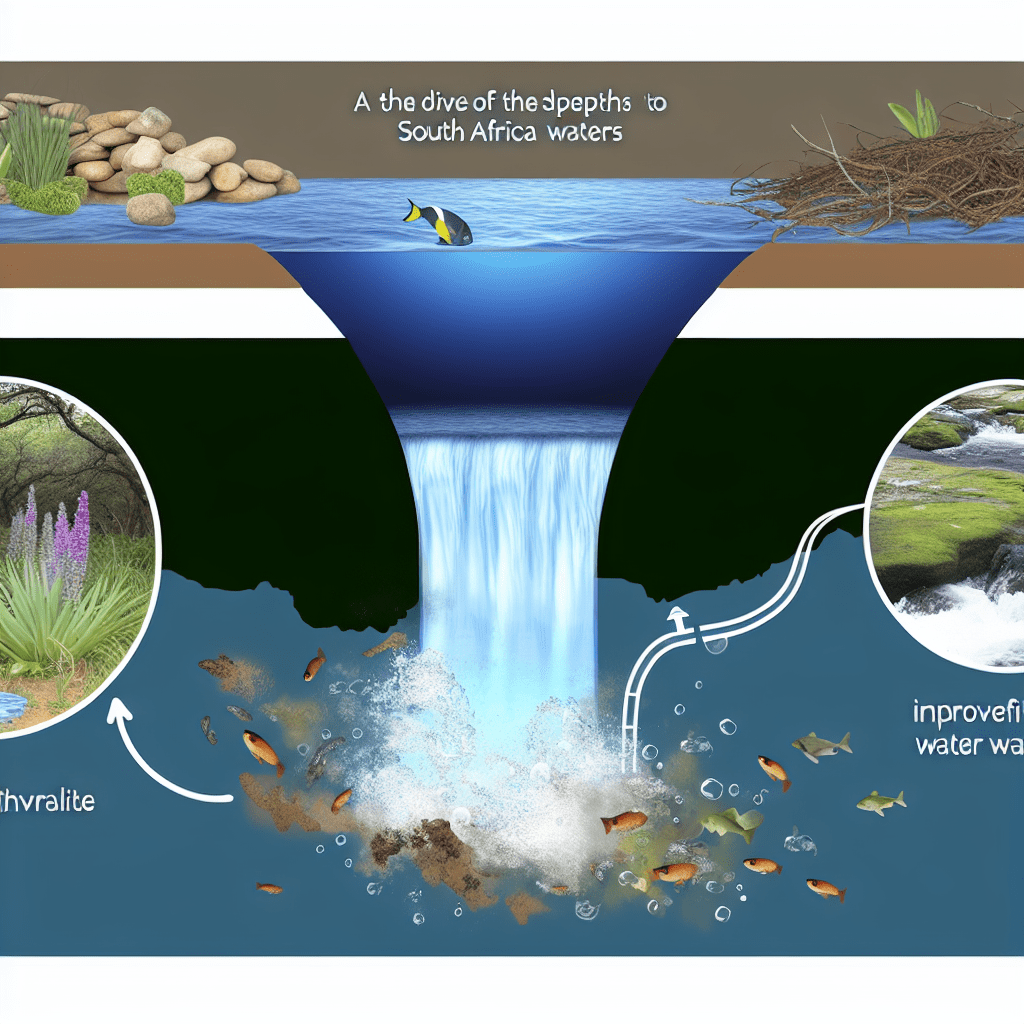”
South Africa, blessed with a myriad of rivers, lakes and rich biodiversity, has been tackling formidable water quality issues over the past years. This article illuminates these challenges, their root causes, and the potential solutions for a safer, cleaner water future.
South Africa’s water quality issues mainly stem from industrial pollution, inadequate sewage treatment, mining run-off, and the increasingly destructive effects of climate change.
The pollutants that commonly find their way into South Africa’s water systems include heavy metals, agricultural nitrates, untreated sewage, and volatile organic compounds. These toxic substances pose considerable health risks, disrupt local aquatic ecosystems, and exert heavy pressure on the already strained water treatment facilities.
South Africa’s commitments to improving its water quality are embedded in its constitution and implemented through several water legislations. Nonetheless, the nation’s water quality challenges persist highlighting the pressing need for more integrative and sustainable strategies.
Addressing South Africa’s water quality problems involves imposing stricter controls on industrial and agricultural pollutants, major investment in advanced wastewater treatment technology, and adopting sustainable water management strategies that consider the impacts of climate change.
Public participation, commitment, and awareness are equally crucial in paving the way to a cleaner water future. Through educational campaigns focused on water conservation, pollution prevention and the importance of clean water, South Africa can foster a vital shift in societal behavior.
In conclusion, while achieving pristine water quality in South Africa appears daunting, it is not an unreachable goal. Through concerted efforts in terms of rigorous policy enforcement, technological innovation, and heightened public commitment, South Africa can clear its troubled waters and pave the way to a healthier, sustainable future.
By FountainGO!

